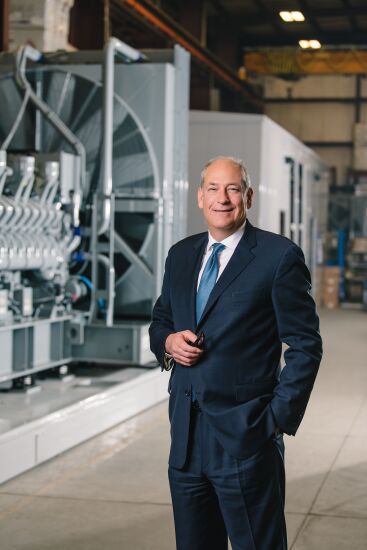While most bank CEOs got pay hikes last year, the raises were bigger for some than others.
KeyCorp Chief Executive Chris Gorman received a 64% boost in total direct compensation in 2021, Washington Federal CEO Brent Beardall got a 60% raise, and Comerica CEO Curtis Farmer was awarded a 48% pay bump.
Those industry-leading raises compared with
Some of the CEOs who got the largest pay increases in 2021 had received pay cuts the previous year, when the COVID-19 pandemic hurt performance metrics that banks use to help determine compensation levels.
For example, Cullen/Frost Bankers CEO Phillip Green received a 42% increase in total direct compensation between 2020 and 2021 after his pay was cut by 18% a year earlier. And Pinnacle Financial Partners CEO Terry Turner received a 32% pay raise last year after getting a 13% cut in 2020.
What follows is a countdown of the 10 bank CEOs who got the biggest raises on a percentage basis last year, according to the analysis by Compensation Advisory Partners. Information about factors that influenced specific banks’ pay decisions comes from their most recent proxy statements.














